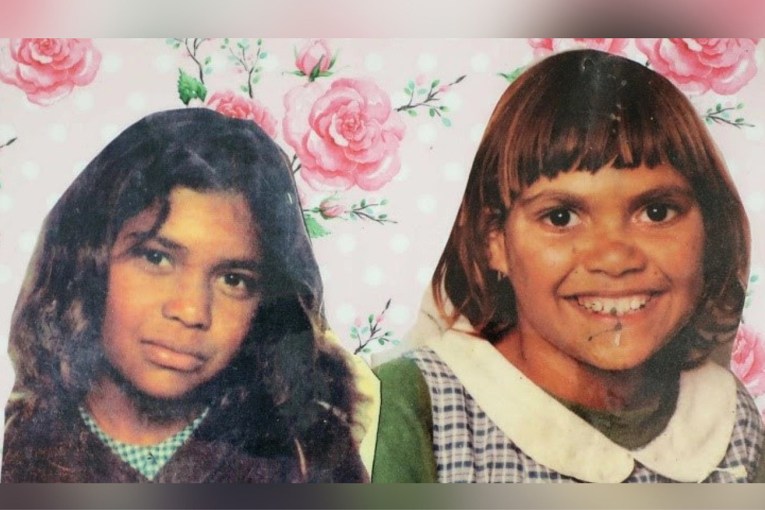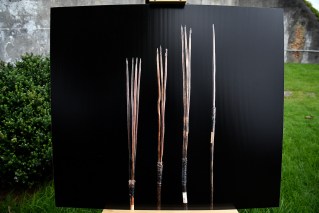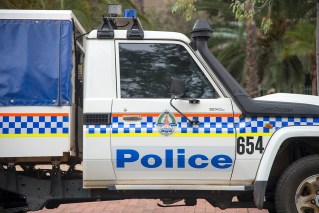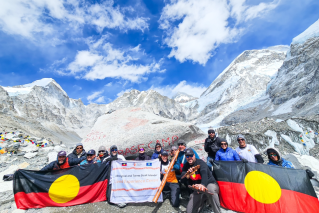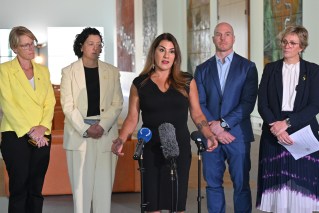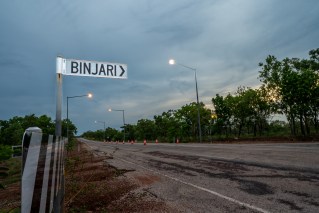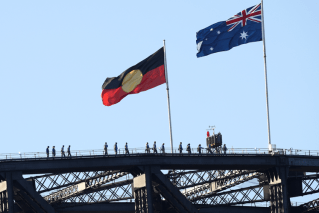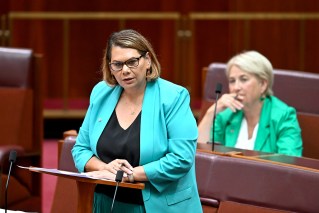‘A long time coming’: Bill to decriminalise public drunkenness passes Victorian lower house
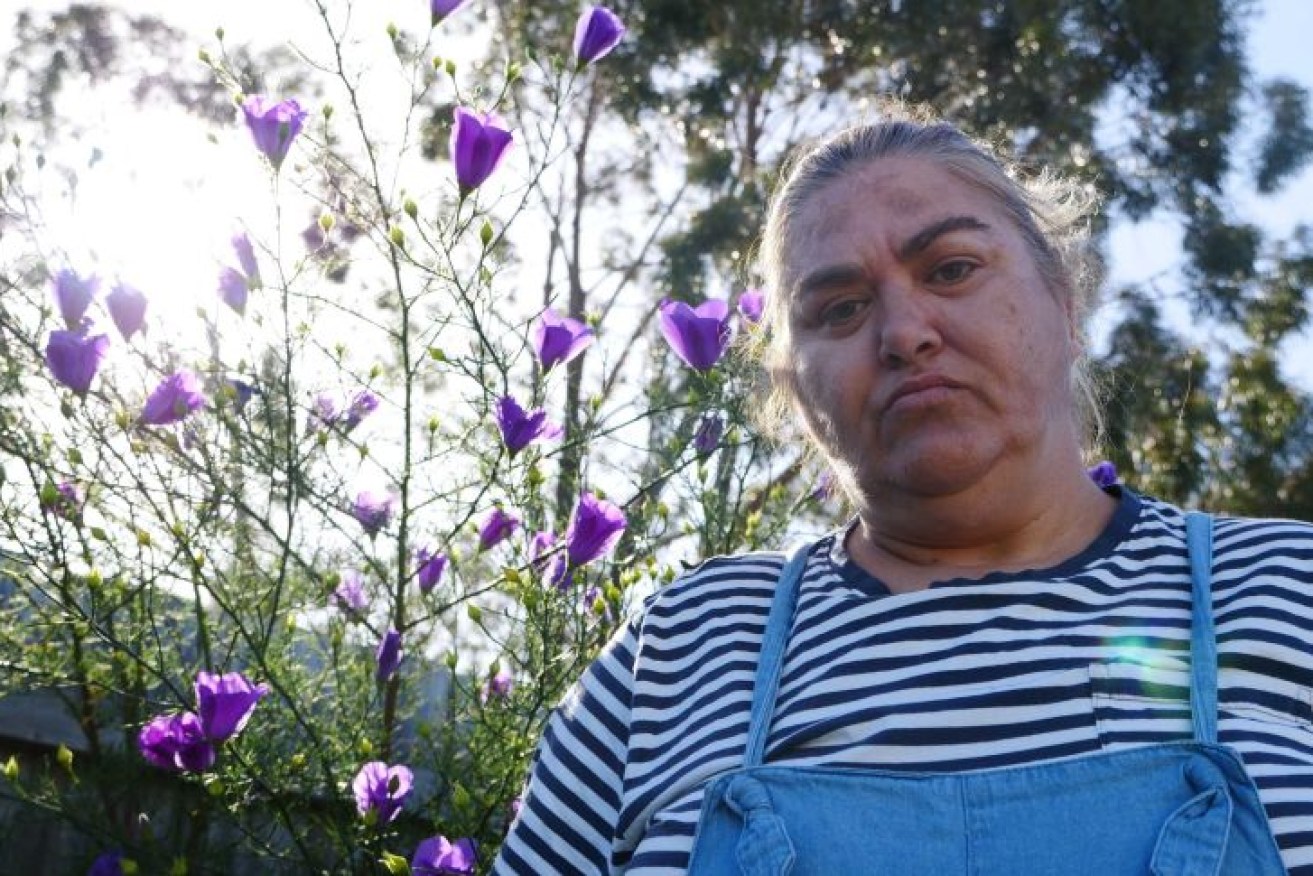
Veronica Heritage-Gorrie says every Indigenous person has been affected by a black death in custody in some way. Photo: ABC Gippsland/Jedda Costa
The Victorian Lower House passed a bill on Thursday night to decriminalise public drunkenness, 30 years after it was first recommended by the Royal Commission into Aboriginal Deaths in Custody.
Aboriginal and Torres Strait Islander readers are advised that this article contains names and images of people who have died.
The Upper House is expected to vote on the bill in coming weeks and if approved being drunk in a public place will no longer be treated as a criminal offence but rather a health issue, with reforms to be implemented over the next two years.
The move was triggered by the death of 55-year-old Yorta Yorta woman Tanya Day, who was asleep on a V/Line train before she was arrested and taken to the Castlemaine Police Station in 2017.
Ms Day was left unattended in a holding cell where she fell and hit her head at least five times, causing traumatic brain injuries which later ended her life.
For one Gippsland family, Ms Day’s death was a haunting reminder of a strikingly similar tragedy that could have been prevented if public drunkenness offences were repealed decades earlier.
‘He hasn’t been forgotten’
On a winter afternoon in 1987, Gunai man Arthur Moffatt, 51, boarded a regional train from Moe to Morwell in eastern Victoria after spending the day enjoying a few drinks with friends.
During his trip, Mr Moffatt suffered a diabetic hypoglycaemic attack (low blood sugar levels), which was a mixed reaction to the alcohol in his system and a lack of food, according to a federal inquiry into his death.
He then fell unconscious and missed his stop but was soon carried off the train and taken by officers to Warragul Police Station where he died hours later in a cell.

The circumstances surrounding Tanya Day’s death saw parallels to that of Arthur Moffatt, only he died 30 years earlier. Photo: ABC/supplied
More than 30 years after Mr Moffatt’s death, his niece and former police officer Veronica Heritage-Gorrie said the proposed legislation in Victoria had come far too late.
“Uncle Arthur and Aunty Tanya Day would have lived longer lives if public drunkenness laws were abolished back then and if their health conditions weren’t dismissed simply because they were Aboriginal,” she said.
Since the royal commission in 1991, more than 430 Indigenous Australians have died in police custody and no police officer has been convicted over any of the deaths.
Ms Heritage-Gorrie said she was hopeful new laws would protect vulnerable First Nations people from dying at the hands of a system that has, for so long, disproportionably affected the Indigenous community.
“I feel like a bit of justice has been served thanks to the hard work of the Day family,” she said.
“It hopefully means none of my family will ever die in custody again for being black and drunk.”
‘Cart before the horse’

Several opposition leaders have raised concerns on behalf of police, with fears the proposed new laws would leave officers powerless.Photo: ABC News/Margaret Burin
In November, an expert reference group (ERG) provided the state government with 86 recommendations to imbed a health-based system over a two-year trial period as part of the Seeing the Clear Light of Day report.
It included delivering more social services, prevention strategies and alternative transport options to get drunk people to places of safety such as a private home, emergency departments or sobering-up centres.
But Danny O’Brien, Nationals Member for Gippsland South, said he feared the plan would become a city-centric solution to tackle the issue.
“The government is putting the cart before the horse,” he said.
“I’m very concerned that the model won’t work for small rural areas where resources are limited and police are usually the only people available to help.”

Data shows the number of public drunkenness offences is highest at 1:00am on Saturdays and Sundays. Source: ABC/Seeing The Clear Light Of Day Report
Last year the state’s police association also expressed concerns about officers’ powers being reduced, claiming the process was rushed and that the move would risk the safety of intoxicated people, emergency workers and the public.
But the Minister for Aboriginal Affairs, Gabrielle Williams, said in parliament this week that the historic bill was an urgent step in the right direction.
“Thirty years is a long time to be talking about something,” she said.
“If there’s one thing that our Aboriginal community has demonstrated over hundreds of years, it’s unfathomable patience … it’s time for meaningful action.”
For Ms Heritage-Gorrie and many Indigenous families across the state, the announcement is a small win in an endless fight for justice.
“It’s bittersweet,” she said.
“I think about Uncle Arthur every day and I would want him to know that he hasn’t been forgotten.
“We’ll continue to tell his story and push for these barbaric laws to be abolished so no one has to suffer like he did.”
If the Legislative Council passes the bill it will leave Queensland as the only state yet to scrap public drunkenness as a criminal offence.
